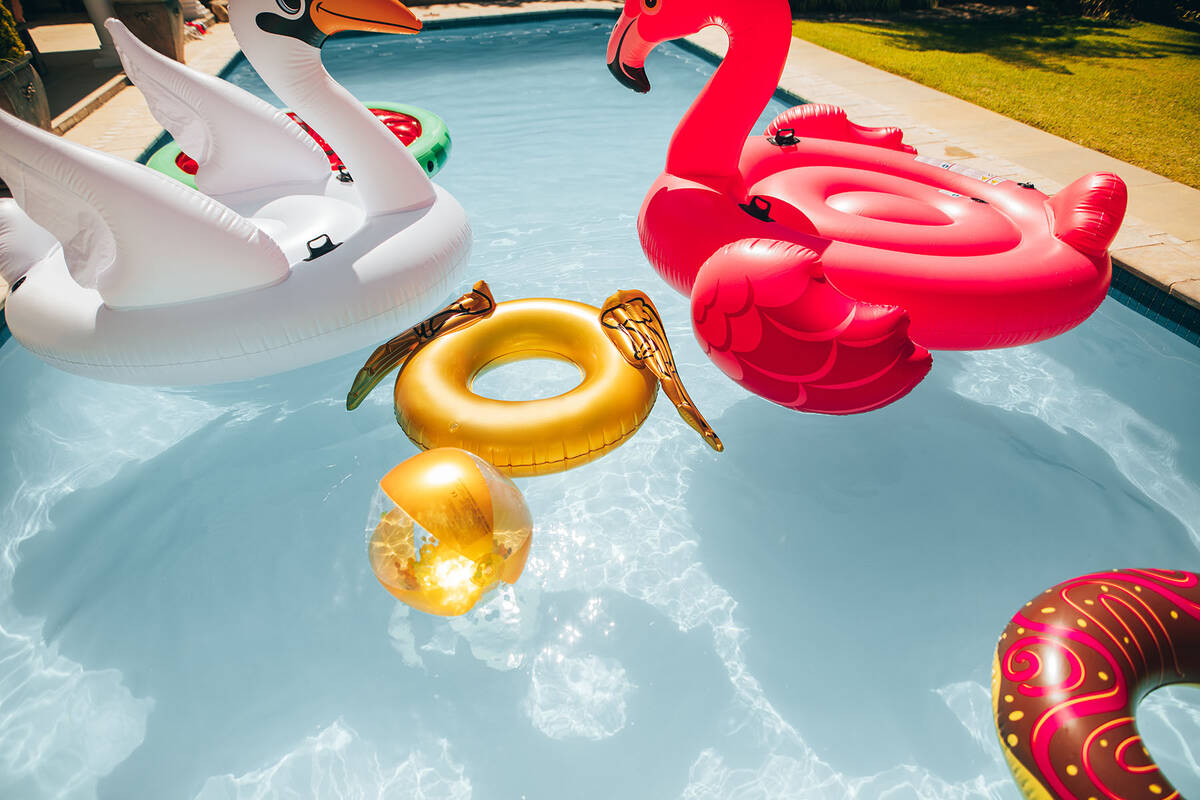Proper pool drainage prevents water waste
Despite the heat wave, it’s getting close to the time of year when swimming pool owners might drain their summertime splash/tanning zone for winter.
Pools can hold tens of thousands of gallons of valuable water that if not handled properly could go to waste and maybe result in a fine.
The average pool takes about 18,000 gallons of water to fill, according to watercalculator.org.
“In Boulder City, many pool owners drain their pools every three to five years. Some people do it in the spring, others in the fall. Our climate doesn’t call for as much pool water drainage because there is no harsh freeze-thaw cycle,” said Joe Stubitz, the city’s utilities director.
When that time to drain the pool arrives, it needs to be done properly and with limited or no water waste.
“Your pool needs to be drained into the wastewater system,” says Bronson Mack, spokesman for the Las Vegas Valley Water District. “Most homes have a port that connects to the wastewater plumbing system.”
The port is often in the front yard by a hose connection or the irrigation system, Mack said.
But not always.
“In some communities the clean-out port is accessed in the middle of the driveway,” Mack said. “Homes in The Lakes, for example, have a screw-off cap in the driveway.”
He said that almost every home has a connection on the back of the house, often outside of where the kitchen sink is located.
When draining pool water, it is a best to monitor the entire plumbing system in the house.
“You do need to check the smaller pipes in the home to make sure water isn’t backed up,” Mack said. “Once you check, double-check to make sure water is flowing properly. Draining properly allows all the water to be returned to the system.”
Some pool owners drain their pools into the street, which is a violation of water waste regulations.
“If you drain into the street, every drop is generally not going to make its way to Lake Mead,” he said. “Use the clean-out port. Sometimes they can be buried.”
Boulder City Review Editor Hali Bernstein Saylor contributed to this report.
Contact Marvin Clemons at mclemons@reviewjournal.com or 702-863-4285. Follow @Marv_in_Vegas on Twitter.
















